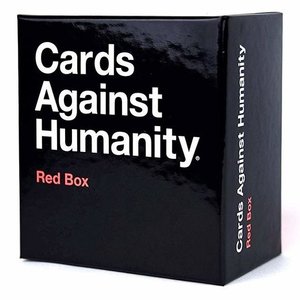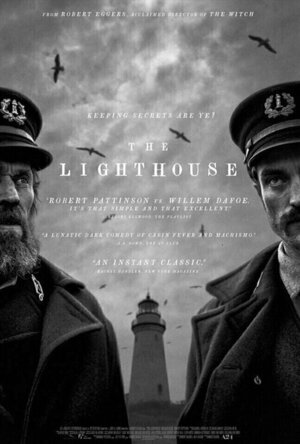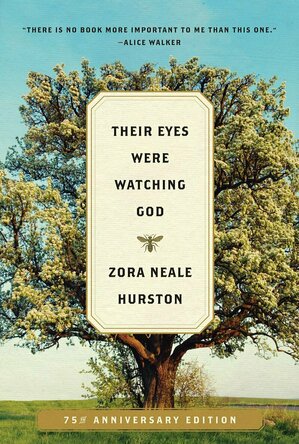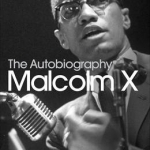
The Autobiography of Malcolm X
Malcolm X, Alex Haley and Paul Gilroy
Book
Malcolm X's The Autobiography of Malcolm X was written in collaboration with Alex Haley, author of...
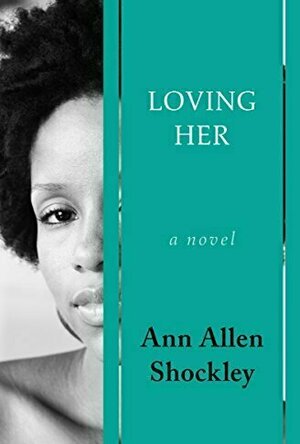
Loving Her
Book
A groundbreaking novel of two very different women, one black and one white, and a remarkable love...
Rikki Hammond (33 KP) rated Cards Against Humanity: Red Box in Tabletop Games
May 28, 2019
This came out after the initial set of expanrmsions were released separately, so if you already own them, there is no point at all in buying this box. For some reason as well, it doesn't come with blank black and white cards, so you can write your own questions and answers out, which were available in the single expansions. Why they took this feature out is beyond me, as it really showed how twisted you and your friends minds could be.
Aside from that, you can't really go wrong with more cards that add more replayability to an already great party game, so this is definitely worth a purchase.

Green Ghost
Tabletop Game
Marketed as the first glow-in-the-dark game, there were at least three versions of the board. One...
GlowintheDarkGames RetroGames KidsGames
Erika (17789 KP) rated The Lighthouse (2019) in Movies
Oct 31, 2019 (Updated Nov 1, 2019)
The film was a bizarre, enjoyable fever dream. Who was gaslighting who? Who was actually the reliable narrator? The mythology used in the film was so fitting, down to the fate of the characters. I loved that the film was in black and white, and not in widescreen format.
Robert Pattinson was terrific in this, and always proves that he can actually act. Willem Dafoe's character was one of those slightly annoying but kind of likeable dudes.
I think the best part of seeing this film, is that I'm still trying to process it. Was this a black comedy? A horror film? It's definitely all up for debate.
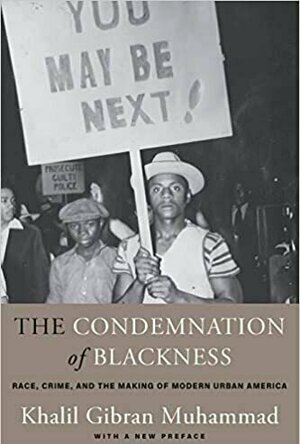
The Condemnation of Blackness: Race, Crime, and the Making of Modern Urban America
Book
Winner of the John Hope Franklin Prize A Moyers & Company Best Book of the Year “A brilliant work...
ArecRain (8 KP) rated Fallen (Kith & Kynn, #2) in Books
Jan 18, 2018

Elvis
Book
Elvis stands above all icons in music, elevated by his influence on youth culture, with his walk,...
Alice Walker recommended Their Eyes Were Watching God in Books (curated)

Designing Public Spaces in Hospitals
Sabrina Borgianni and Nicoletta Setola
Book
Designing Public Spaces in Hospitals illustrates that in addition to their aesthetic function,...
